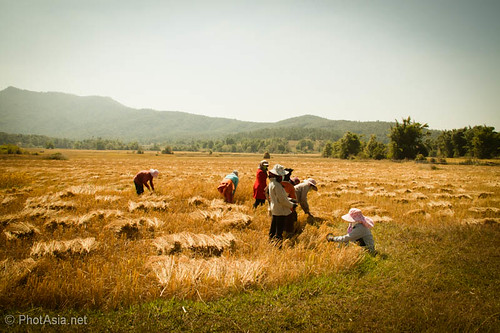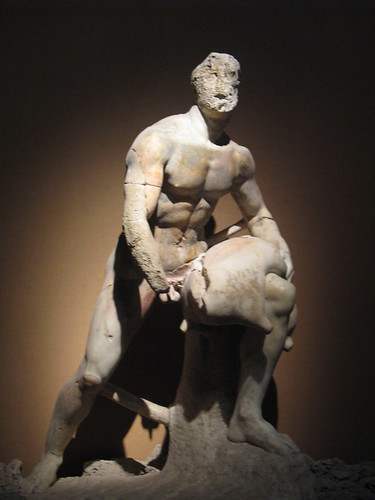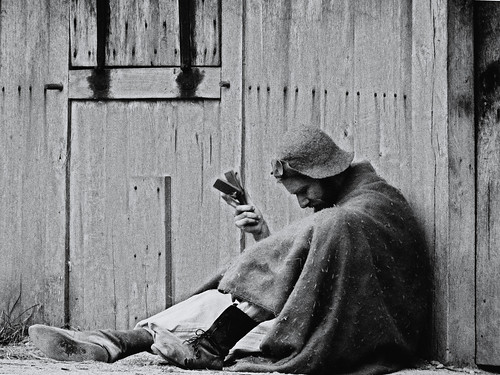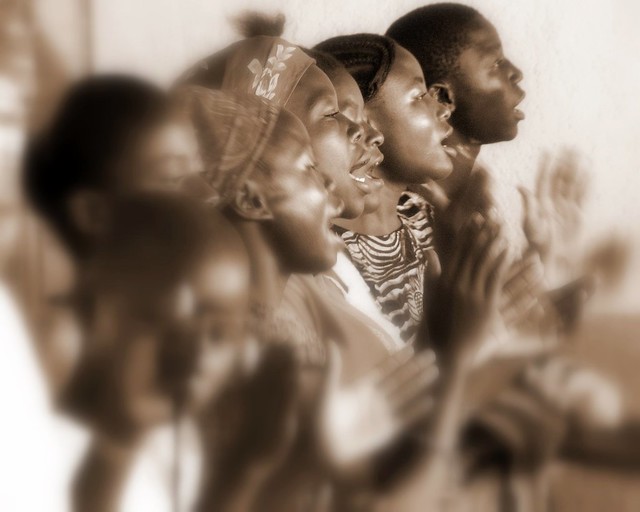"When I was in middle school, I went through confirmation. I had been baptized as a kid in a mainline denominational church. And then around 12 or 13, I was told it was time for confirmation. Along with all the other sixth graders, I took a class. Now I always liked studying, but this was boring. I don’t remember really learning anything about what I’d now call the Christian faith. There was nothing about the Bible. Nothing about the trinity; no Father, Son, Holy Spirit. Nothing about connection to Jesus. Nothing about how to connect with God, but a lot about the history of my particular denomination.
At the end of the class, we'd all get up in front of the church, wear a nice dress and let the pastor put a bit of oil on each of our heads. It was nothing special for me. I was probably thinking about if we might go out for pizza afterwards, like most of my friends. But there was one girl who wasn’t like the rest of us; Kelly. Something different was happening for her. When she kneeled and the pastor blessed her with oil, she was weeping. She was shaking a bit. She was visibly moved. Something was clearly happening for her and it seemed to be real. I knew Kelly. I trusted her. I didn’t know what she was feeling but I knew it was something genuine. Further more, I wanted it, but I didn’t understand where it came from."
Have you ever seen others have powerful spiritual experiences, but not felt them yourself? Have you wondered if experiences of the Holy Spirit are for just some people, or might be available to all of us? In this first teaching, Leah explores this question and how we'll be addressing it through the season of Lent, which we're calling "40 Days of Interactive Faith".
Listen to the teaching below or read the notes here. And check out our Daily Guide for ways to participate in this series throughout the week.










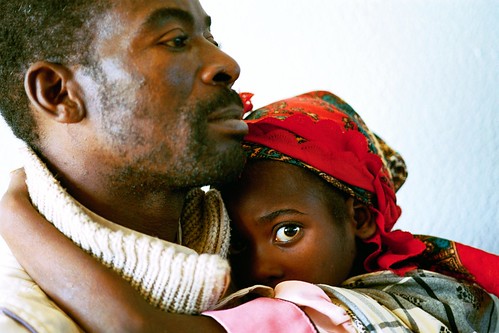


![By Liesel (Own work) [CC BY-SA 3.0 (http://creativecommons.org/licenses/by-sa/3.0)], via Wikimedia Commons](https://images.squarespace-cdn.com/content/v1/54a725b7e4b03d35acc7bbf7/1480699786653-7B1U7PM4D69MOM02Q4DA/image-asset.jpeg)


